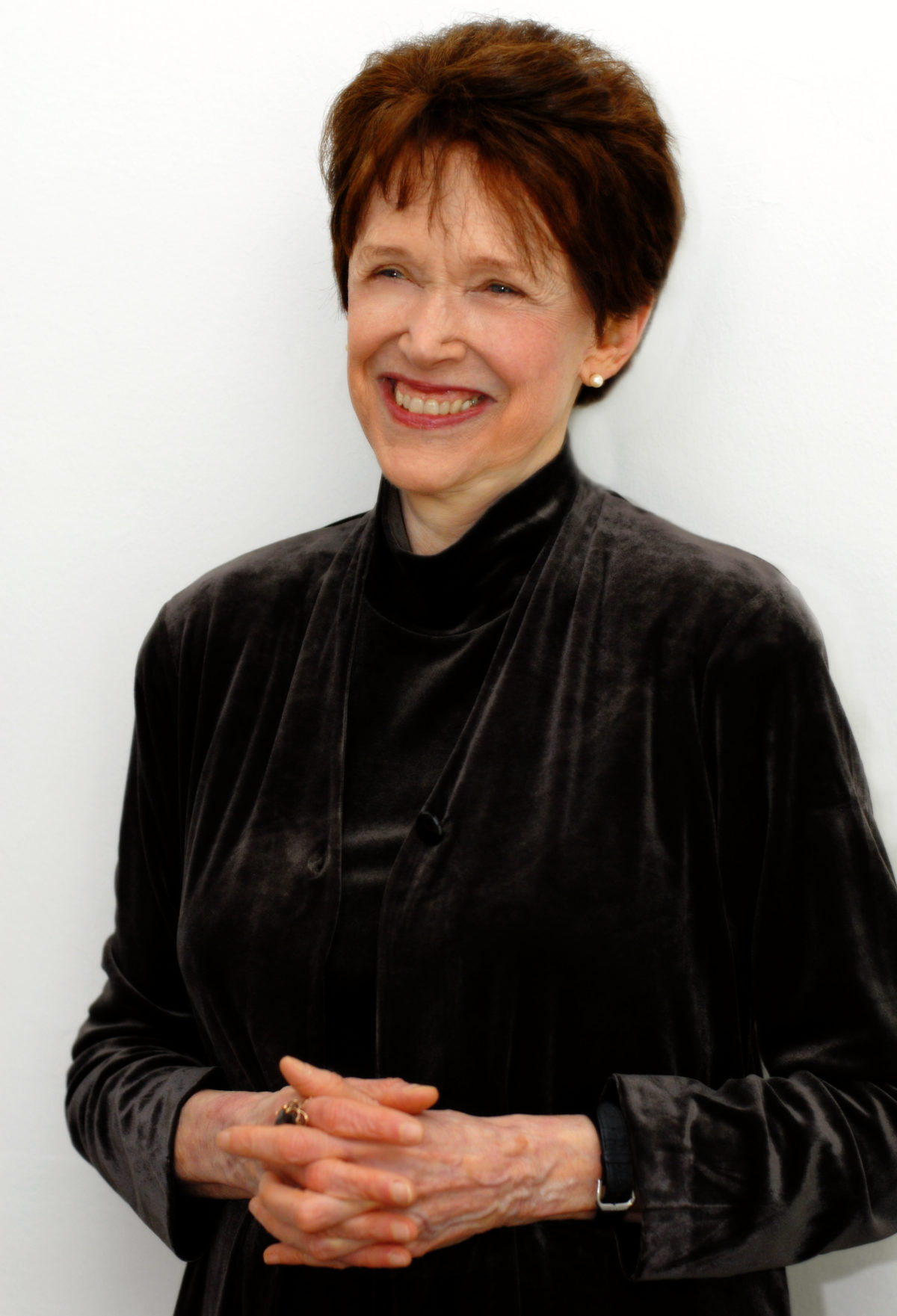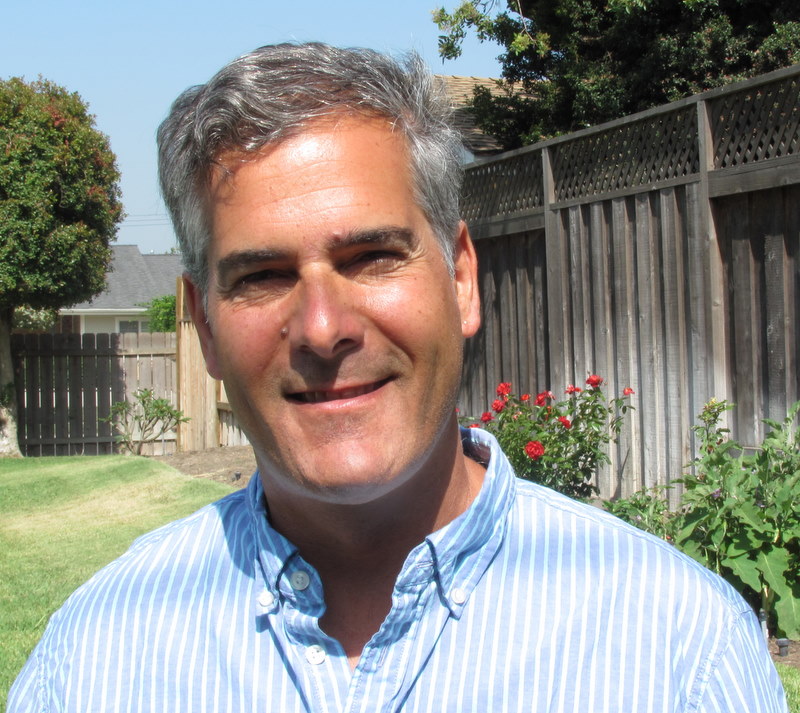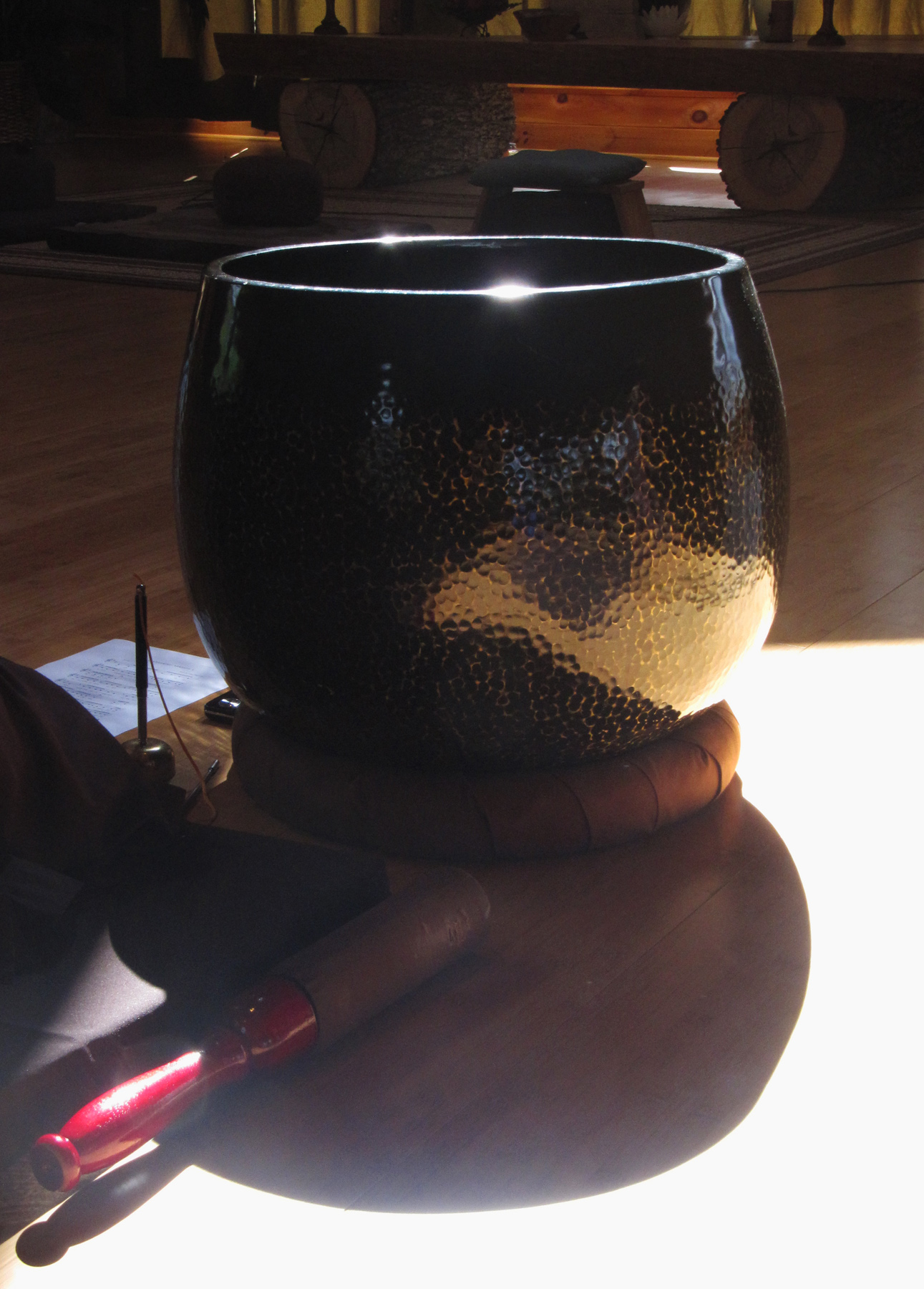An Interview with Riane Eisler
By John Malkin

Compassion is a deeply valued aspect of Buddhist practice. Caring for others is a natural expression of interbeing. How would our lives be different if compassion were a foundation of politics and economics? Riane Eisler explores the possibilities of a compassion-based economics in her latest book The Real Wealth of Nations: Creating a Caring Economics (Berret-Koehler Publishers,
An Interview with Riane Eisler
By John Malkin

Compassion is a deeply valued aspect of Buddhist practice. Caring for others is a natural expression of interbeing. How would our lives be different if compassion were a foundation of politics and economics? Riane Eisler explores the possibilities of a compassion-based economics in her latest book The Real Wealth of Nations: Creating a Caring Economics (Berret-Koehler Publishers, 2007). She writes, “Strange as it may sound, we can’t just focus on economics to change economic systems. We have to go deeper and further.” Eisler is pointing to a reacquaintance with compassion, a movement away from domination-based societies toward a partnership model.
Eisler makes the point that “…the exclusion of caring and care-giving from mainstream economic theory and practice has had, and continues to have, terrible effects on people’s quality of life, on our natural life-support systems, and on our economic productivity, innovativeness, and adaptability to new circumstances.” Riane Eisler’s 1987 book The Chalice and the Blade draws on anthropological findings to reveal that human beings have lived in partnership societies where compassion has been highly valued. In The Real Wealth of Nations she addresses the question, “What kinds of social configurations support our enormous human capacities for caring, for problem-solving, for consciousness, for empathy and creativity—rather than for destructiveness, insensitivity, and violence?”
Thay has so often taught that all these seeds—from empathy to anger—are present in us and can be cultivated or diminished. Indeed, the Second Mindfulness Training focuses on the practice of not supporting exploitation, social injustice, or oppression in any of its forms. “I do think of my work as spiritual because I think of spirituality as putting love into action,” Eisler recently told me. “In that sense,” she said, “it does connect to the Buddhist philosophy of Thich Nhat Hanh.”
John Malkin: Tell me about the relationship of economics to common beliefs about human nature.
Riane Eisler: There is a popular notion that human nature is selfish. In domination systems, one of the biggest myths is that there is something wrong with us. Whether it’s original sin or the popular version of selfish genes, we’re bad. With that belief comes the belief that we need to be strictly controlled. That is one of the bases of domination.
Humans have a very large spectrum of possibilities. We can be cruel, violent, and insensitive. But we also have an enormous— indeed unprecedented as a species—capacity for consciousness, caring, and creativity. The issue that I’ve been probing is what kinds of social configurations support or inhibit the expression of these positive capacities. Unfortunately in domination systems, you’ve got rigid rankings (man over man, man over woman, race over race, religion over religion, man over nature).
JM: Economics is not easy to understand. It seems that much money is made from the exploitation of people and nature while caring professions are not well compensated.
RE: Economics is basically about what is or is not valued. Classical economists will say, “It’s just a matter of supply and demand.” What they ignore is that much more important are underlying cultural values which are unconsciously embedded. Like the devaluation of anything considered to be soft, caring, care-giving.
Just having “caring” and “economics” in the same sentence causes a lot of us to do a double take. It’s a terrible comment on the un-caring values that we have learned to accept as driving economic rules, practices, and policies. We need economic policies that give real value to the most important human work: caring for people and nature.
These life-sustaining activities aren’t counted in our measures of productivity, such as GDP (gross domestic product) and GNP (gross national product). Market economy professions that don’t involve caring and care-giving, like engineering and planning (they may be done by caring people but the work isn’t care-giving), are uniformly higher-paid than professions that are about care-giving, like child care and elementary school teaching.
In the U.S. we think nothing of paying the plumber—the person to whom we entrust our pipes—$50 to $100 an hour. But to the person to whom we entrust our children—the child care worker—we pay an average of less than ten dollars an hour with no benefits, according to U.S. Department of Labor statistics. This isn’t logical. It’s pathological.
JM: Some countries are developing economics that place a high value on caring.
RE: There are nations that have moved more to the partnership side, and they have more caring policies. Sweden, Finland, Norway. They were so poor at the beginning of the twentieth century that people fled famines in droves. But today they have the highest life spans and the lowest poverty rates. They invested in caring for people and caring for nature. It’s not that complicated. They have universal health care, as well as high-quality child care and early childhood education.
JM: In your book you write, “Policymakers always seem to find money for control and domination, for prisons, weapons, wars. But we’re told there’s no money for caring and care-giving. For feminine activities such as caring for children and people’s health. For nonviolence and peace.”
RE: Anything that is stereotypically considered feminine—associated with caring, care-giving, nonviolence—is devalued, whether it’s in a woman or in a man. That’s very important. Women can be cruel and men can be caring. How a society organizes the roles and relations of the two fundamental halves of humanity—female and male—doesn’t only impact our individual lives, but it affects everything about our social system, including economics. It makes our families either authoritarian or democratic.
We did a study at the Center for Partnership Studies comparing statistical data from eighty-nine nations that correlated the status of women with measures of quality of life like infant mortality, human rights, and environmental ratings. We found that the status of women can be a better predictor of the general quality of life than GDP.
We now have the enterprise of coming together and constructing a better future. It’s the most important work for us on the planet. If we don’t join together to change how we think and act, we just don’t have much of a future, and neither do our children.
Editors’ note: Sister Annabel, Senior Editor of the Mindfulness Bell, read this interview and offered an additional question for Riane Eisler.
Sister Annabel: While I was reading this article I felt there was something missing. It was the feeling that we should pay the caregiver more than the plumber. Why do we not pay everyone the same? The caregiver cares because that is how she expresses compassion, and the plumber can also plumb compassionately. What is wrong is that we continue to express value in money. I think this is something economists have to look at. In a humane society, everyone has the same material needs and everyone should receive the same amount of money.
RE: Thank you, Sister Annabel, for your question. I want to say, first, that what our work is about is not that one kind of profession be paid more than another, but that the work of caring for people and nature be given visibility and real value. This is essential for a more just and caring world, because as long as caring continues to be devalued, not only will the essential work of caring for children, the elderly, and others in need of care be given few if any rewards, but we cannot realistically expect more caring policies. So policy makers will continue to have no trouble finding funding for prisons, weapons, and wars, but won’t find money to fund health care, child care, and other “soft” caring activities. From my perspective the problem is not money, which is a useful invention for exchange, but that money is not allocated in humane and caring ways.
For more information about Riane Eisler and the Caring Economics Campaign, see www.partnershipway.org.

John Malkin, Clear Path of the Heart, lives in Santa Cruz, CA. Author of Sounds of Freedom and The Only Alternative: Christian Nonviolent Peacemakers in America, he hosts a radio program called “The Great Leap Forward” (www.freakradio.org) on Free Radio Santa Cruz. His guests have included Thich Nhat Hanh, Riane Eisler, Philip Glass, and Sister Chan Khong.

